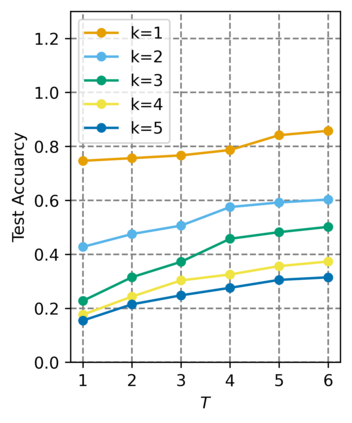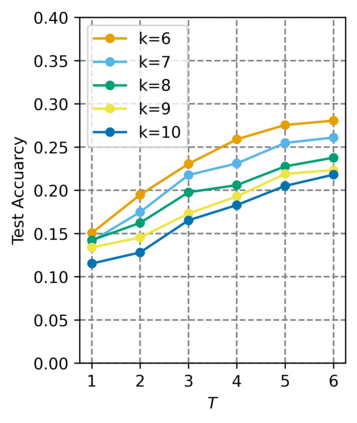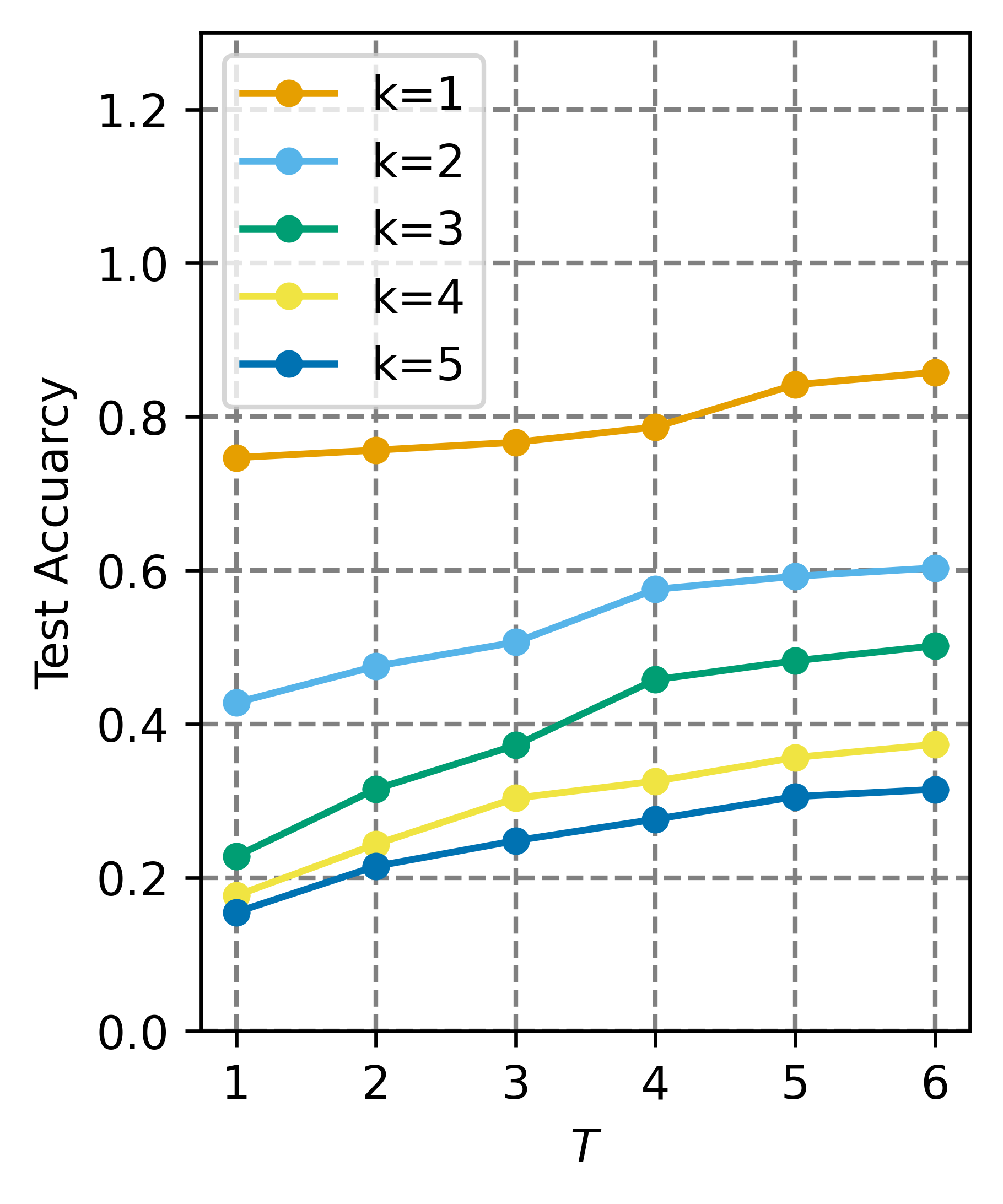Inferring spatial relations in natural language is a crucial ability an intelligent system should possess. The bAbI dataset tries to capture tasks relevant to this domain (task 17 and 19). However, these tasks have several limitations. Most importantly, they are limited to fixed expressions, they are limited in the number of reasoning steps required to solve them, and they fail to test the robustness of models to input that contains irrelevant or redundant information. In this paper, we present a new Question-Answering dataset called StepGame for robust multi-hop spatial reasoning in texts. Our experiments demonstrate that state-of-the-art models on the bAbI dataset struggle on the StepGame dataset. Moreover, we propose a Tensor-Product based Memory-Augmented Neural Network (TP-MANN) specialized for spatial reasoning tasks. Experimental results on both datasets show that our model outperforms all the baselines with superior generalization and robustness performance.
翻译:以自然语言推断空间关系是智能系统所应拥有的关键能力。 bAbI 数据集试图捕捉与此领域有关的任务( task 17和19) 。 但是,这些任务有几个限制。 最重要的是, 它们仅限于固定表达, 解决它们所需的推理步骤数量有限, 它们无法测试含有不相关或冗余信息的输入模型的稳健性。 在本文中, 我们提出了一个名为 StepGame 的新的问题解析数据集, 用于在文本中进行稳健的多跳空间推理。 我们的实验显示, 在 StepGame 数据集中, BAbI 数据集挣扎的状态模型。 此外, 我们提出了一个基于内存- 调整神经网络(TP- MANN) 的专门空间推理任务。 两个数据集的实验结果显示, 我们的模型比所有基线都高一般化和稳健性性性性。






